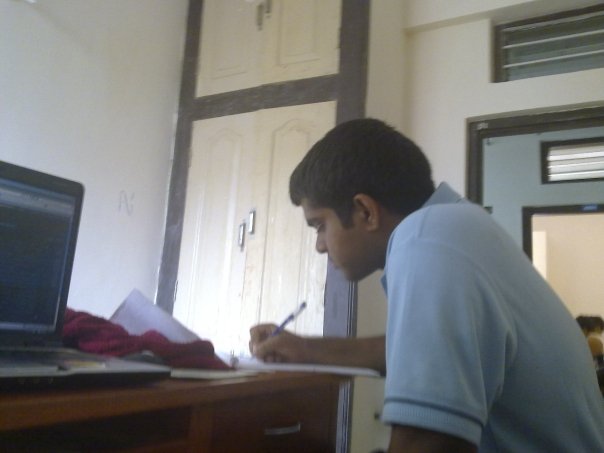
Sandeep Albert Mathias
Assistant Professor
Presidency University, Bangalore
Hello!
I was a Ph.D. student in Computer Science from IIT Bombay, Mumbai, under the guidance of Prof. Pushpak Bhattacharyya.
I defended my Ph.D. thesis titled “Cognitively Aided Automatic Essay Grading” on July 24, 2020.
After graduation, I worked as a Research Associate at Indian Institute of Science, Bangalore, from November 2020 till September, 2021. Since October 20, 2021, I have been working as an Assistant Professor in the Department of Computer Science and Engineering at Presidency University, Bangalore.
My areas of interest include Natural Language Processing (NLP), focussing mainly on NLP for education applications, such as automatic essay grading, text simplification, etc.
Here is my CV.
Interests
- Artificial Intelligence
- Computational Linguistics
- Machine Learning
- Cognitive Science
Education
-
PhD in Computer Science and Engineering, 2020
Indian Institute of Technology Bombay
-
M.Tech in Information Technology, 2012
International Institute of Information Technology, Bangalore
-
B.Tech in Information Technology, 2010
National Institute of Technology Karnataka, Surathkal